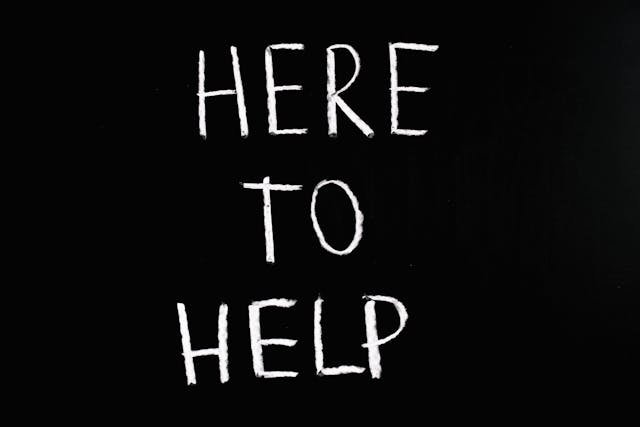Witnessing a loved one battle addiction can be devastating and difficult to handle. Whether they’re battling addiction to substances or other behaviors, your support and direction can have a big impact on their recovery process. The following five guidelines can help you help a loved one who is battling addiction in an effective manner.
Start An Intervention
An intervention that is well thought out is necessary when dealing with a loved one’s addiction. Get together a small group of close friends and family members who are enthusiastic and worried to participate. Arrange the intervention ahead of time, making sure that everyone is aware of the circumstances and has a common understanding of how to proceed. Don’t be judgmental or assign blame when you share your thoughts and sentiments throughout the intervention. Stress how much you care about them and how much you adore them. Provide specific, observable examples of how their actions have affected their relationships and quality of life. Be ready to reassure them and give support for their recovery journey, but also to clarify penalties (such as cutting off financial support or limiting contact) if they refuse help.
Avoid Enabling Their Behavior
Addiction is unwittingly supported and prolonged by activities that are enabling. While it’s normal to desire to shield your loved one from harm, doing so can make them less likely to ask for assistance. Encouraging behaviors include hiding their addiction, justifying their actions, and giving them financial support to continue using drugs. Instead, establish clear boundaries and show stern love. Refuse to assist them in acts that feed their addiction, such as giving them money or getting them out of problems with the law. Encourage them to engage in recovery-oriented activities and good habits, such as going to therapy or support group meetings.
Encourage Professional Help
Addiction is a complicated disease, it frequently calls for the assistance and treatment of a trained professional. Your loved one can be encouraged to seek assistance from addiction specialists, counselors, or rehabilitation programs who can assist. Investigate the various treatment possibilities in advance and provide them with options that are by their requirements and preferences. Make them an offer to accompany them to their appointments or meetings of the support group. To understand the underlying causes of their addiction and to build ways for coping with it, it is essential to emphasize the significance of therapy and counseling treatments. Exhibit patience and support for them as they go through the difficulties of the rehabilitation process. Drug rehab facilities offer a supportive environment where individuals can detox under supervision, ensuring their safety and comfort throughout the process. Finding drug and alcohol rehab facilities have become easier than ever, thanks to the internet. For instance, if you reside in Austin, a quick search for drug rehab in Austin can provide you with plenty of options to choose from. Remind them that reaching out for assistance is a show of strength, and celebrate their accomplishments, no matter how insignificant they may seem.
Set Boundaries For Protection
Make it abundantly clear what you anticipate from them and the boundaries you have set for their behavior. It is possible, for instance, that you will choose not to argue with them while they are under the influence of alcohol or drugs or that you will decline to offer them financial aid that could help them support their addiction. You can show that you care about their recovery by setting limits while protecting yourself from psychological distress. Maintain a consistent approach to maintaining boundaries, even if doing so results in momentary feelings of discomfort or conflict. It is important to keep in mind that proper boundaries are necessary for the maintenance of good relationships and the promotion of accountability throughout their journey of recovery.
Regulate Your Expectations
Addiction recovery is a difficult and frequently complex process that requires a lot of effort. It is necessary to control your expectations reasonably and to be aware of the possibility that you will experience failures. Acquire knowledge about addiction to acquire a more profound comprehension of the experiences that your loved one is going through. You can participate in therapy sessions or support groups that are intended specifically for the relatives and loved ones of those who are battling addiction. You may enhance your relationship with them and support their efforts to heal by learning appropriate communication tactics and coping mechanisms. With the understanding that healing is a process that requires time and perseverance, you can adjust your expectations as people advance through the many stages of recovery.
Conclusion
Giving assistance to a loved one who is battling addiction requires empathy, tolerance, and commitment to their well-being. One of the most important things you can do to assist someone on their road toward recovery is to initiate a compassionate intervention, refrain from engaging in behaviors that enable them, encourage them to get professional assistance, establish clear boundaries, and alter their expectations. It is important to keep in mind that addiction is a disease that can be treated and that your steadfast support can make a huge difference in their journey toward a life that is healthy and free of addiction.





